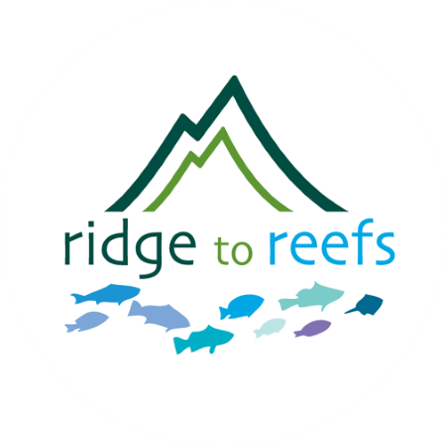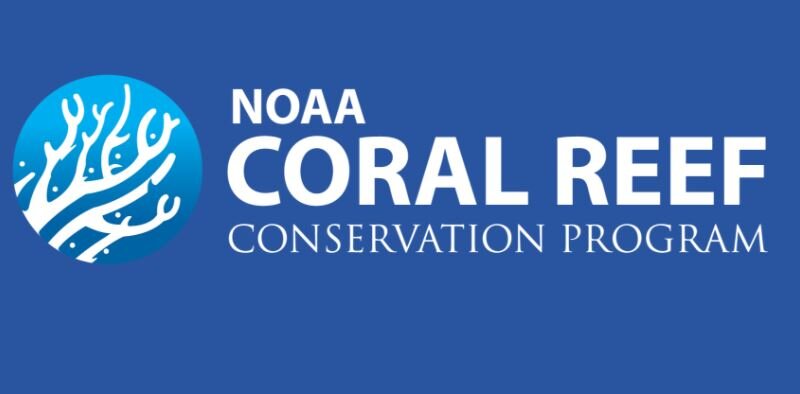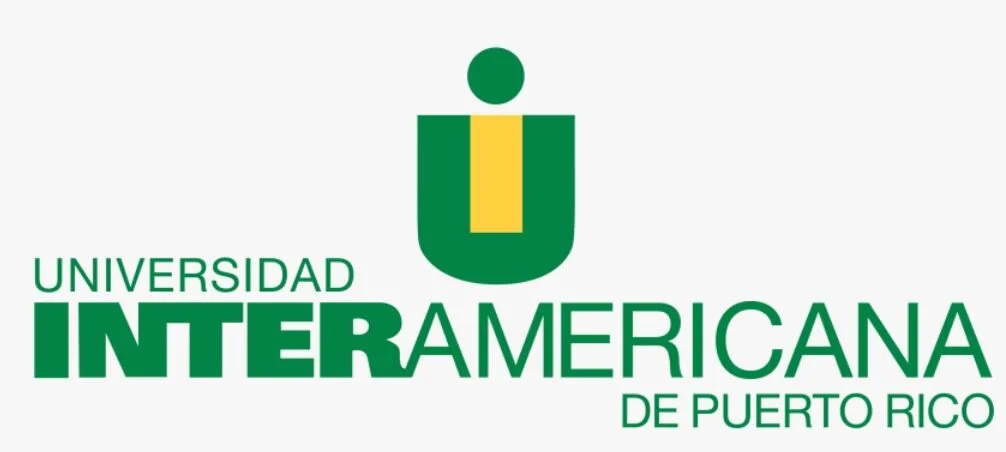Partners
Hawai’i Institute of Pacific (HIP) Agriculture
The Hawai’i Institute of Pacific Agriculture (HIP Agriculture) is a conscious movement of inspired individuals living a model of sustainability through direct engagement with the earth and service to youth and communities.
Through farming and hands-on education HIP Agriculture is pioneering a new paradigm of conscious agriculture that honors indigenous wisdom, food sovereignty, and the transformational power of returning to the land.
HIP Agriculture works to practice and teach regenerative agricultural education programs. They focus on four areas:
Responsibility through ecologically conscious choices;
Harmony with the natural ecosystem to restore the health of the land, water, and people;
Wisdom through learning from the ways of indigenous cultures and the guidance of the land;
Sustainability honoring traditional cultural knowledge while moving toward a future of self-sufficiency.
BLISS Meadows
BLISS Meadows is a non-profit organization dedicated to providing opportunities to engage underserved communities of Black, Indigenous and People of Color (BIPOC) in Baltimore City in nature connection, urban agriculture, self-reliance and sustainability.
The programs at BLISS aim to provide increased access to green spaces, place-based nature and cultural education programs, traditional skills building workshops, urban farming and gardening opportunities, partnerships with community groups, and events that promote community connectedness, fun, support and learning.
BLISS Meadows Founder and Director Atiya Wells, BSN, is also a registered nurse. She has just been accepted into the Beginner Farmer Training Program through Future Harvest CASA and the Bunting Neighborhood Leadership Program through Johns Hopkins Urban Health Institute.
Learn more https://backyardbasecamp.org/bliss-meadows
University of Hawai‘i Water Resources Research Center
Dr. Roger Babcock has been teaching in the Civil and Environmental Engineering (CE) department of the University of Hawai‘i since 1995 with a joint-appointment in the Water Resources Research Center. He is very proud to be called an educator of the next generation of civil engineers. A professional engineer, he brings his expertise in licensure to the role of educator through his eight-week review course. Students review his conference presentations to stimulate questions and interest. His lab supports Native Hawaiian CE students attending a national conference focused on introducing future leaders to the field led to all three entering this field of engineering.
A recent graduate working in the community writes: “It is not hyperbolic to say that no singular person has as much effect on the future of civil engineering in Hawai’i as Dr. Roger Babcock.”
Dr. Babcock and the University of Hawai’i Water Resources Research Center are partnering with Ridge to Reefs on the Woodard and Curran Foundation Impact Grant addressing the impacts of cesspools on Hawai’ian ecosystems.
Learn more: https://www.wrrc.hawaii.edu/
Baltimore Compost Collective
The Baltimore Compost Collective (BCC) engages Baltimore teenagers with positive employment opportunities and training in workforce skills, food access programming, farming and community-scale composting. Youth gain guided, hands-on experience managing a small-scale composting operation. Compost they create is used to grow fresh produce. Healthy, locally produced food in the urban landscape addresses critical food deserts and builds resilient communities. Baltimore Compost Collective’s operation is more than traditional methods applied in the urban landscape; they’re innovating new and better ways to boost food production in community gardens and finding creative ways to repurpose additional sources of waste into healthy effective fertilizer.
BCC founder, Marvin Hayes, has developed relationships with other community businesses and arranged to collect cast-off material. These include brewer’s grains, which can be foundational to excellent fertilizer, coffee grounds, and fishery scraps, including fish bones and crab shells (a Baltimore icon!). These locally sourced biomass materials are available for free and in large quantities. Youth employed in the training program are engaged in development of cutting-edge bokashi composting methods (using those spent brewer’s grains) and innovative fish hydrolysate production.
Learn more at https://baltimorecompostcollective.org/
Wastewater Alternatives and Innovations
Wastewater Alternatives and Innovations (WAI) is a non profit organization that was formed to reduce wastewater discharge from cesspools and provide innovative, affordable and eco-friendly solutions to wastewater management. WAI Executive Director Stuart Coleman, MFA, worked for ten years as the Hawaiian Islands Regional Manager of the Surfrider Foundation, overseeing five Chapters and hundreds of volunteers across the state. He has led coalitions to help shape policy and pass landmark legislation to reduce pollution of Hawai‘i’s coastal areas, including the nation’s first and only bill to create smoke-free beaches & parks and the first bill to ban oxybenzone in sunscreens. Stuart also helped pass legislation to reduce wastewater pollution and mandate the upgrade of cesspools across Hawaiʻi. He currently serves on the state’s Cesspool Conversion Working Group and on the Advisory Board of the University of Hawaiʻi at Mānoa’s Sea Grant Program. WAI Program Manager Elizabeth Benyshek, MS, has an extensive understanding of geologic mapping and data analyses from her studies and work at the School of Ocean and Earth Science and Technology (SOEST) at the University of Hawai‘i at Manoa. She has worked on geologic projects on multiple Hawaiian Islands and around the Pacific Ocean. Her research experience includes plate tectonic modeling, seafloor mapping and remote sensing of melting ice sheets and cyanobacterial blooms. Elizabeth is also Vice Chair of the Surfrider Foundation’s Oahu Chapter, which has programs such as Blue Water Task Force to monitor water quality around the island.
Learn more: https://waicleanwater.org/
West Maui Ridge 2 Reef Initiative
The West Maui Ridge to Reef (R2R) Initiative is an all-encompassing approach across multiple agencies and organizations to address adverse impacts to coral reefs in West Maui. The State of Hawaii recognized that an integrated and comprehensive approach to reduce land-based sources of pollution is one of the most important steps to help restore coral reef ecosystems. The West Maui Ridge to Reef Initiative builds on already established efforts underway and leverages resources across agencies and community groups. Work focuses on implementing actions to reduce land-based sources of pollution, a key source of reef decline. Learn more: https://www.westmauir2r.com/
Protectores de Cuencas
Protectores de Cuencas (PDC) is a non-profit partner dedicated to protecting and restoring watersheds and coral reefs in Puerto Rico and in the Caribbean.
We are working together on implementation of the Guanica Watershed Plan and the La Parguera Green Infrastructure Plan, developing the Northeast Ecological Corridor Integrated Watershed Management Plan, as well as watershed planning and implementation efforts in Culebra, Puerto Rico.
Learn more: https://www.protectoresdecuencas.org/
CRAG promotes effective coral management through collaboration and strong engagement with partners, leaders, and communities. The Coral Reef Advisory Group (CRAG) coordinates American Samoa’s coral reef management efforts. Member agencies work together with a vision of thriving, valued, and conserved reefs in the territory. CRAG promotes effective coral management through collaboration and strong engagement with partners, leaders, and communities. Ridge to Reefs has partnered with CRAG on projects in American Samoa. Visit our project page to learn more about our work together.
Learn more about CRAG https://www.crag.as/
Sustainable Science, LLC
Sustainable Science, LLC works to develop & integrate engineering applications with sound ecological principles, generate cost-effective and sustainable solutions.
Sustainable Science works in applied ecology and engineering design, specializing in wetland systems, stormwater management, and shoreline restoration. Working collaboratively with other subject area specialists, Sustainable Science creates pragmatic solutions to environmental problems. They work for a diverse set of clientele, serving as design team specialists and technical advisors.
Learn more at www.sustainablescience.com
Lower Shore Land Trust
The mission of the Lower Shore Land Trust is to assist landowners and communities to conserve land for the enjoyment and well-being of present and future generations. Together, we protect forests and farmlands for strong local economies, natural resources for diverse wildlife and clean water, and rural landscapes in Somerset, Wicomico, and Worcester Counties in Maryland.
Learn more: https://www.lowershorelandtrust.org/
National Center for Appropriate Technology
The National Center for Appropriate Technology (NCAT) has been promoting sustainable living for over 40 years. Established in 1976, they are a national nonprofit with a mission of helping people build resilient communities through local and sustainable solutions that reduce poverty, strengthen self-reliance, and protect natural resources.
Ridge to Reefs has partnered with this national NGO, working on issues including food security, renewable energy, and sustainable agriculture.
Learn more at https://www.ncat.org/
Sassafras River Watershed Association
The Sassafras River Association is located on the upper eastern shore of Maryland and works to protect and restore their river. The river suffers from the impacts of both urban development and suburban development (particularly septic systems), as well as certain agricultural activities which result in the excess transport of nutrients to the tidal river, contributing to the incidence of harmful algal blooms. The Sassafras River Association is engaged in a wide range of activities including advocacy, education, watershed assessment, and monitoring. These efforts are focused on one principal goal: to remove the Sassafras River from Maryland's list of polluted waterways. The watershed plan they are implementing was one of the first agricultural watersheds in Maryland to meet EPA's A-I Criteria for watershed plans.
St. Mary's River Watershed Association
Since 2002, the St. Mary's River Watershed Association has stimulated new efforts to protect and enhance the watershed in ways that also revitalize the economic, social, and cultural health of the community. With over five years of data from the St. Mary's River Project, the Association was formed to establish a sustainable, reciprocally beneficial relationship between the ecology of the St. Mary's River and the communities that reside within the watershed.
Learn more at https://www.smrwa.org/
Fair Hill Farm
This dairy farm in Kent County, Maryland has partnered with Ridge to Reefs on sustainability projects, including installation of agricultural bioreactors. Bioreactors remove excess nutrients on-site and are highly effective at protecting the local watershed. They have received accolades for their environmental stewardship efforts.
Harborview Farms
Combining technology, traditions, and forward-thinking environmental methods, Harborview Farms is working to wholistically protect farmlands and the environment they are part of. They grow corn, wheat, and soybeans in Rock Hall, Maryland, and have partnered with Ridge to Reefs on sustainability projects, including installation of agricultural bioreactors. Bioreactors remove excess nutrients on-site and are highly effective at protecting the local watershed. Learn more: https://www.harborviewfarms.net/
































